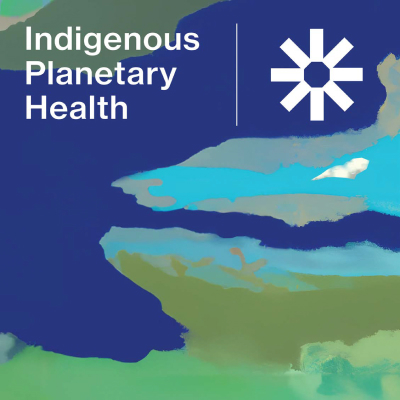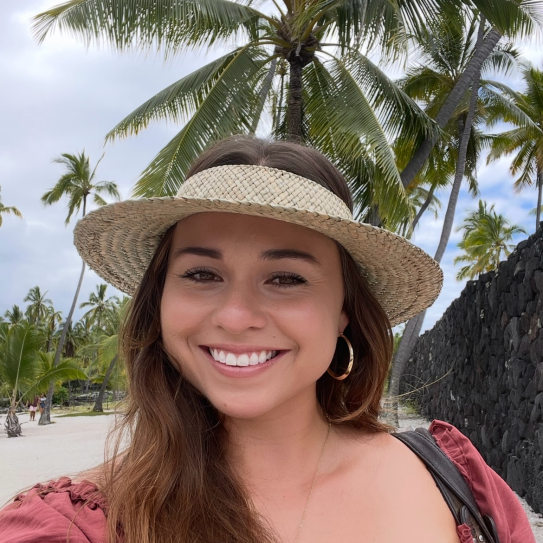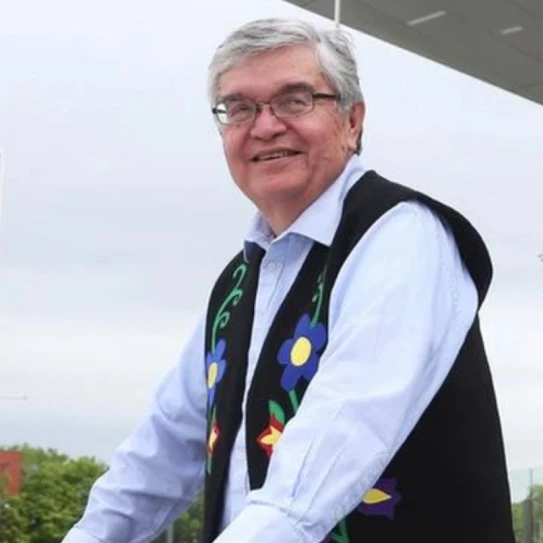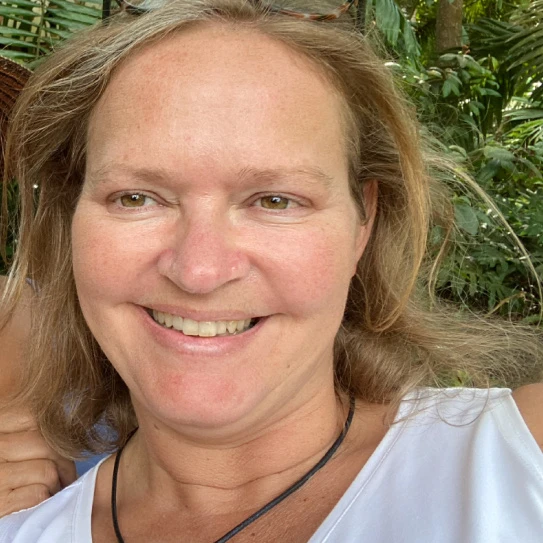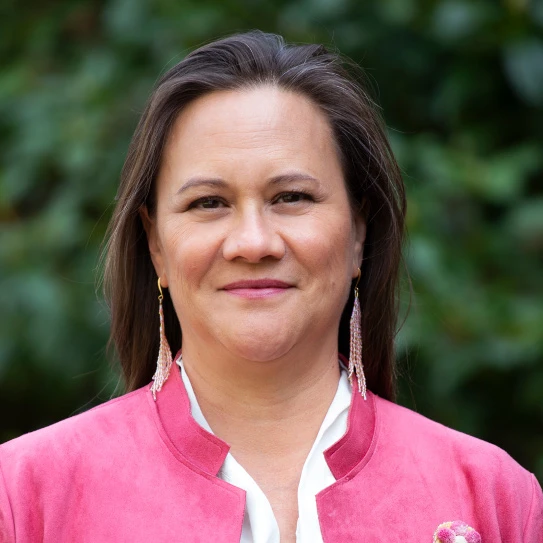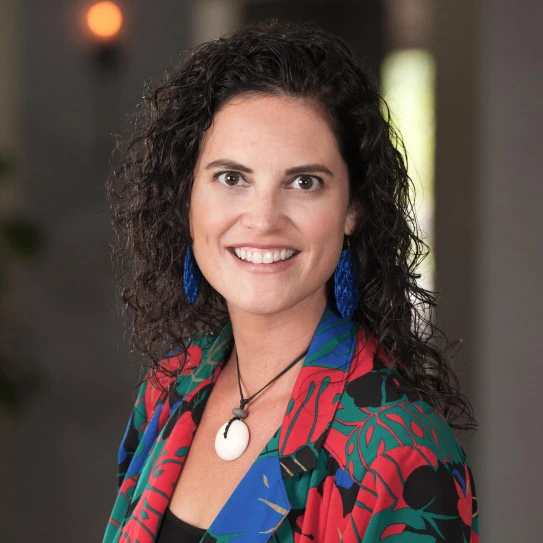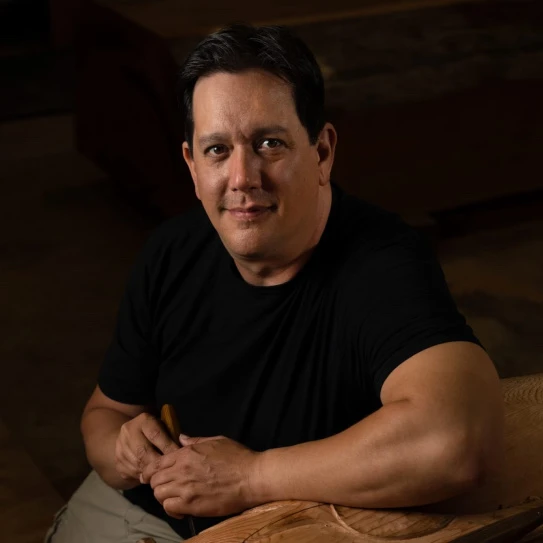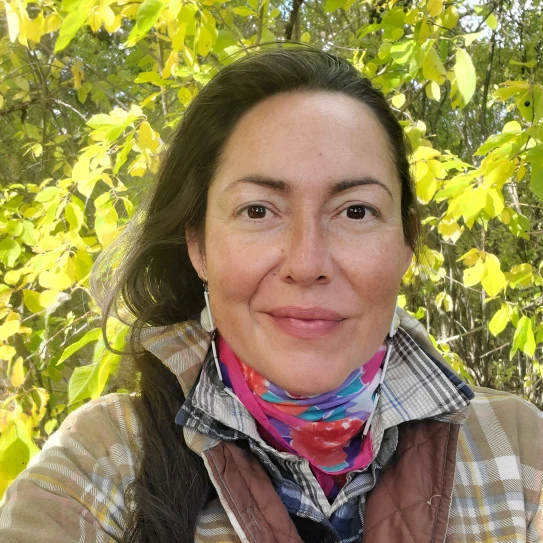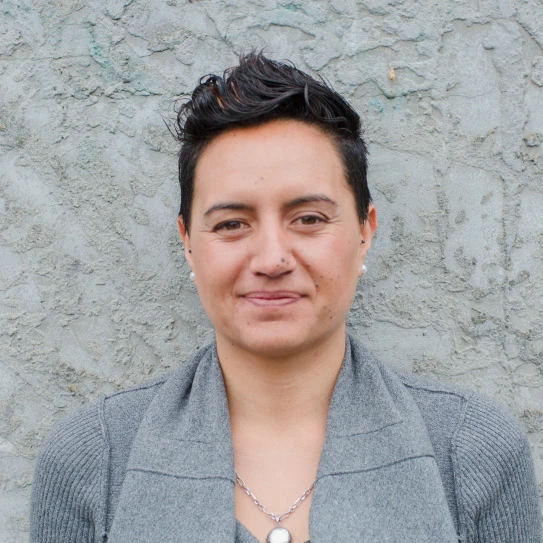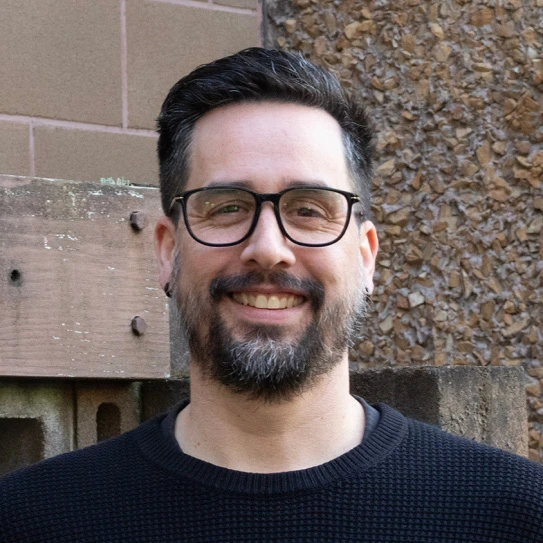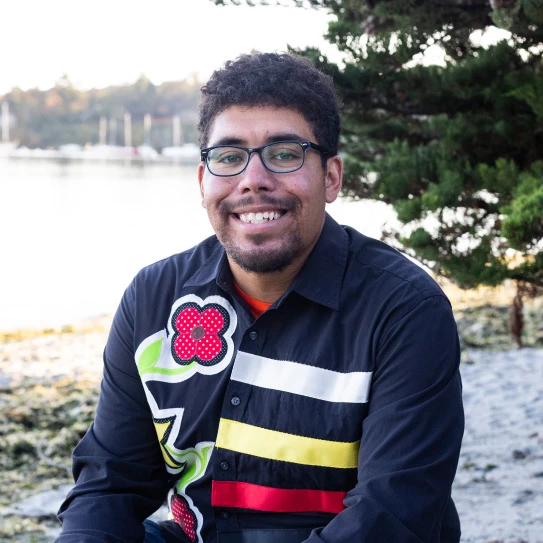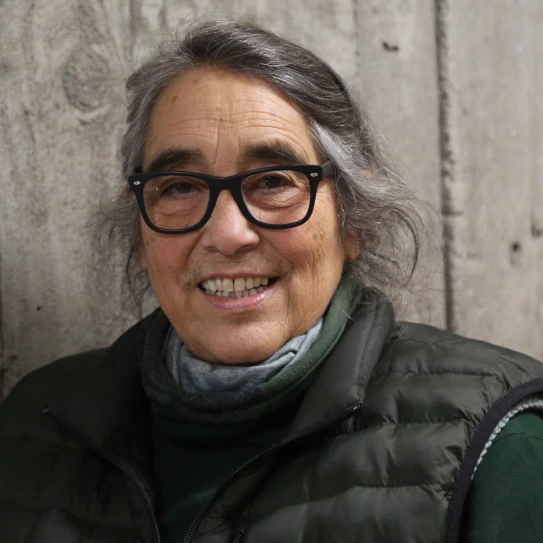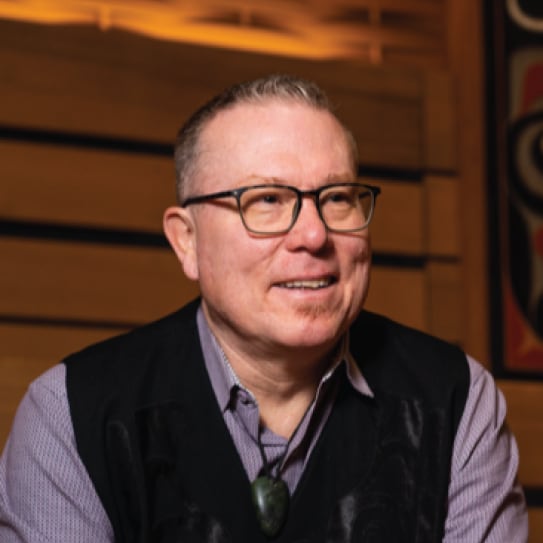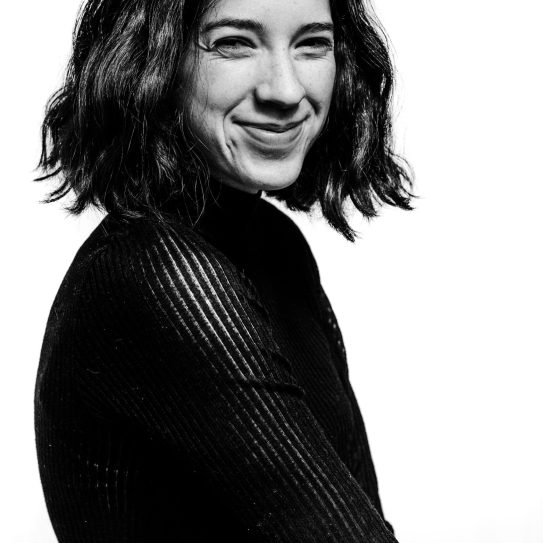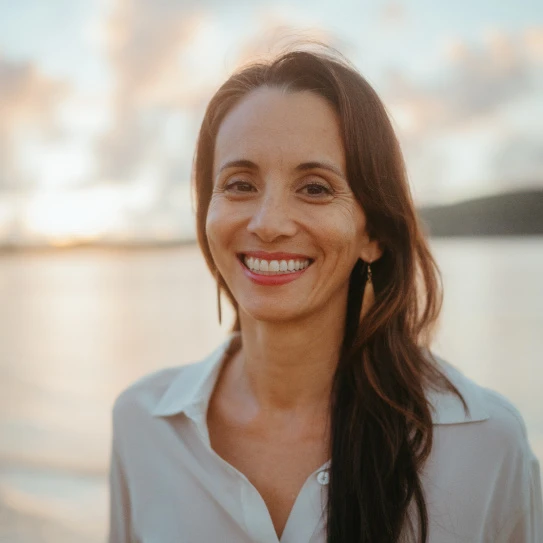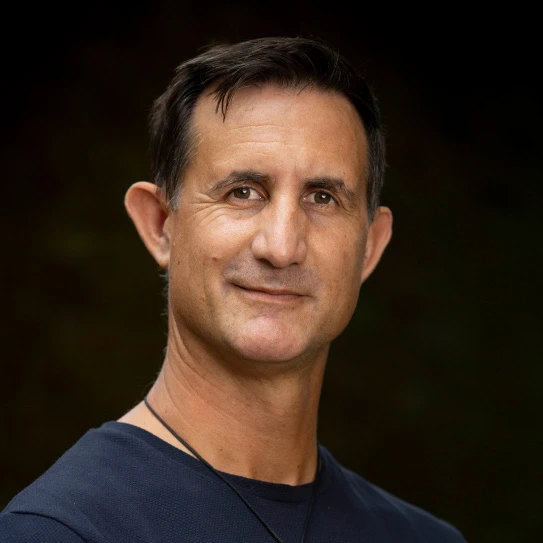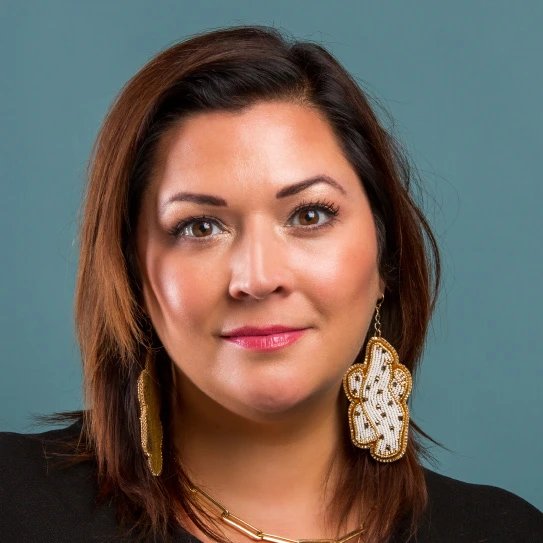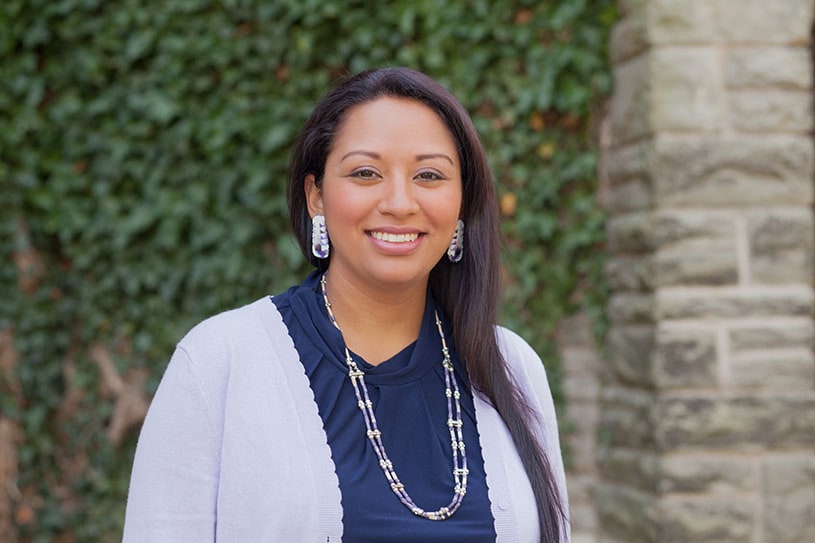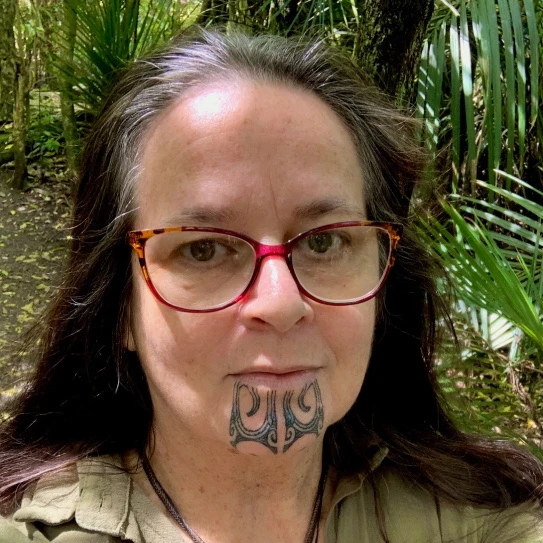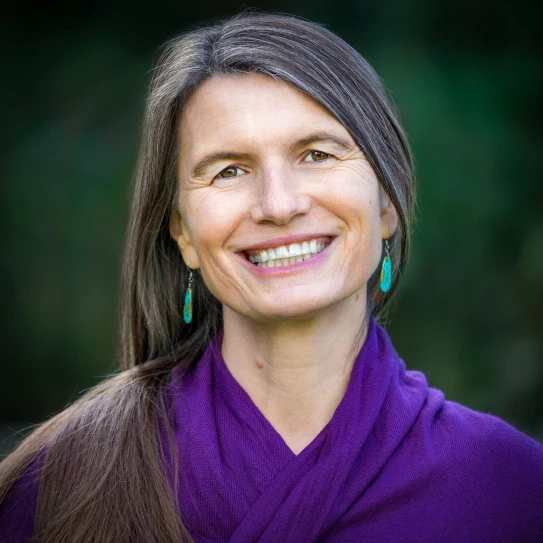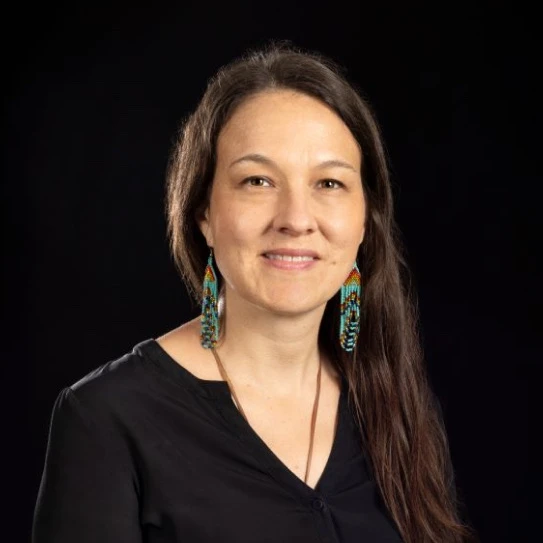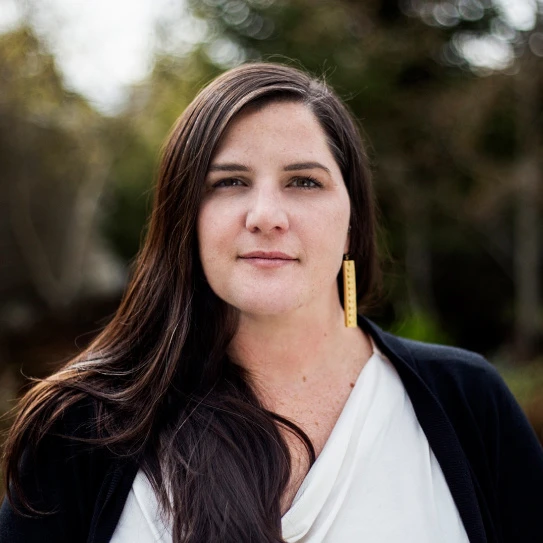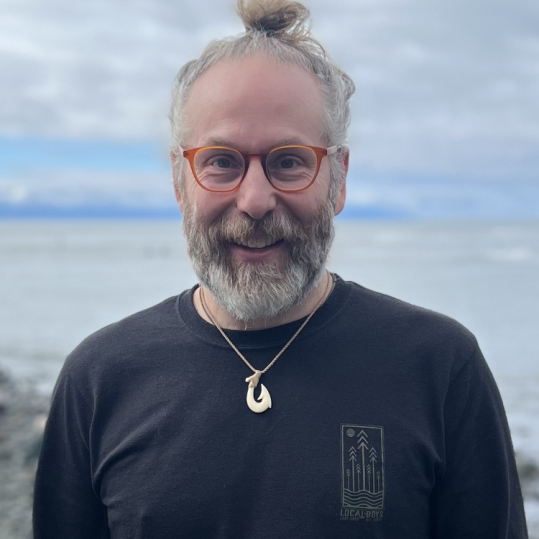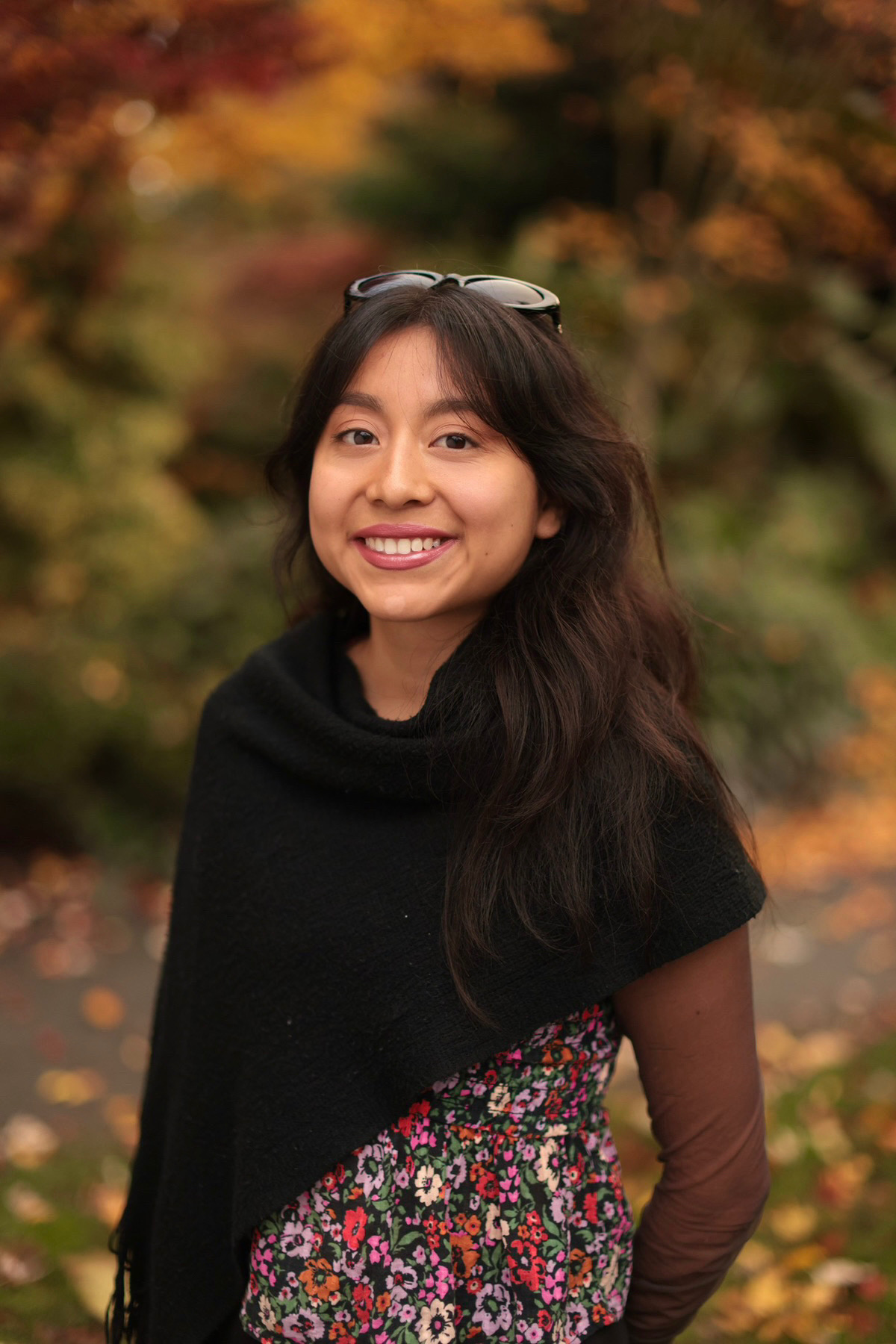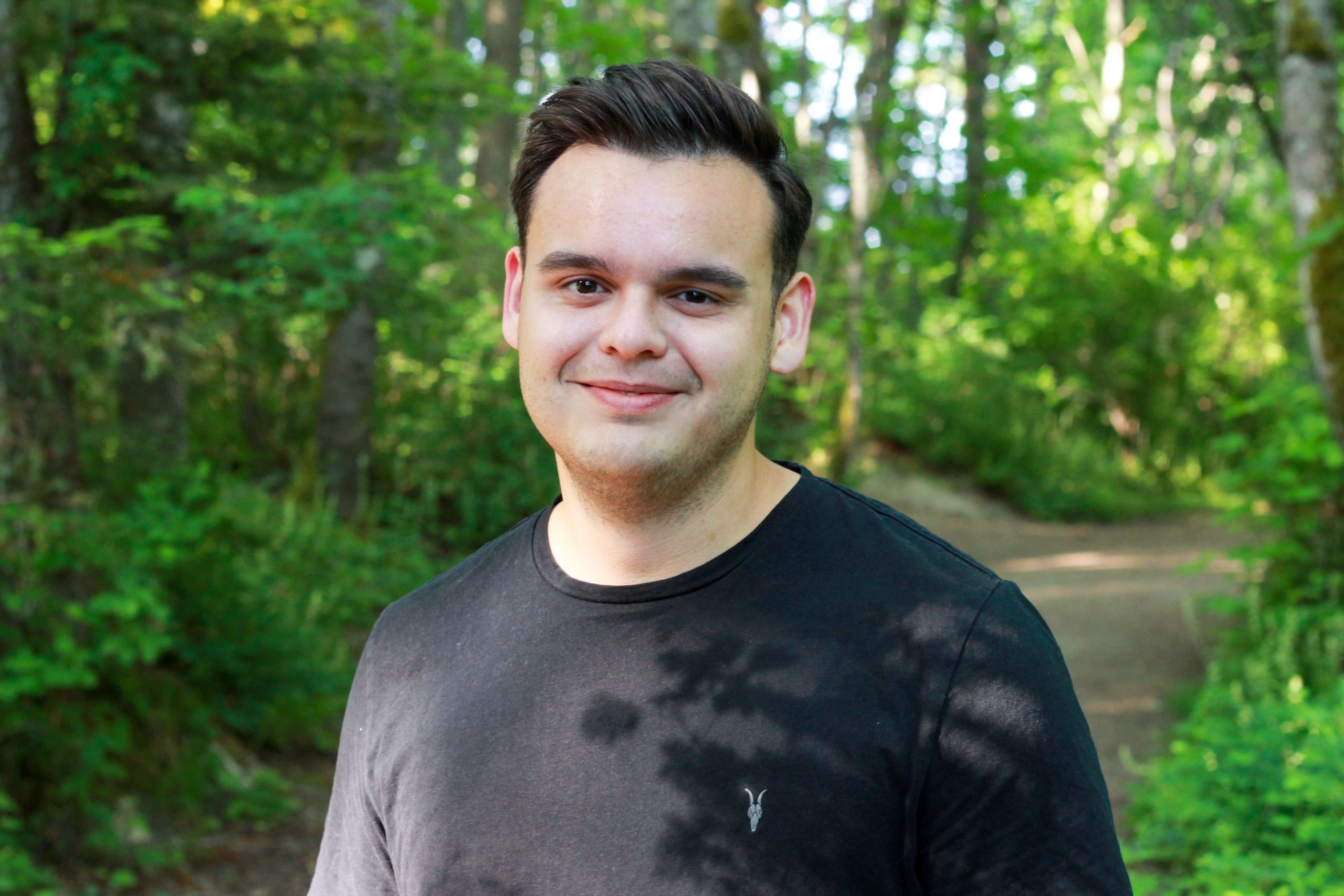Podcast: Play in new window | Download
In our first episode of season two, Heather and Hōkū are thrilled to be hosting Janna Wale, a young Indigenous leader working to heal the planet through place-based, community-engaged practices. In this time of frustration with and despair about the state of local and global politics, this interview with Janna is like a booster-shot of hope. Heather and Hōkū sit down with Janna Wale to discuss the transformative potential of Indigenous youth, many of whom are considered the “seventh generation.” They discuss how young people are guiding critical conversations in climate change, sustainability, and resilience. Janna talks about the “illusion of inclusion” of Indigenous peoples in national and international strategies for mitigating and adapting to climate change. She suggests two ways to bust this myth: First, she talks about the need for more local spaces for communities to convene, share knowledge, and build relationships – localized COPs, if you will. Second, we hear about Janna’s experience of learning from women leaders and being one herself. In spaces like COP, Indigenous women are taking up long standing leadership roles in their communities and yet they still struggle to be heard at international conventions.
Janna delivers an inspirational message of hopeful action to our listeners. She’s taught, “we must think about taking our little piece of the work as far as we can, so that it’s ready for the next generation to take up, instead of thinking we need to solve every single problem tomorrow.” In this sense, action is a cyclical, intergenerational, never-ending process.
Janna Wale is Gitxsan/Cree-Métis and is the Indigenous research and partnerships lead at Pacific Institute for Climate Solutions (PICS), and worked with the Yellowhead Institute to write: Bad Forecast: The Illusion of Indigenous Inclusion and Representation in Climate Adaptation Plans in Canada.
This podcast is created by the Impact Chair in Transformative Governance for Planetary Health at the University of Victoria, with production support from Cited Media. We are supported by grants from the Canadian Institutes of Health Research and the Social Sciences and Humanities Research Council of Canada. You can find us at https://indigenousplanetaryhealth.ca/
